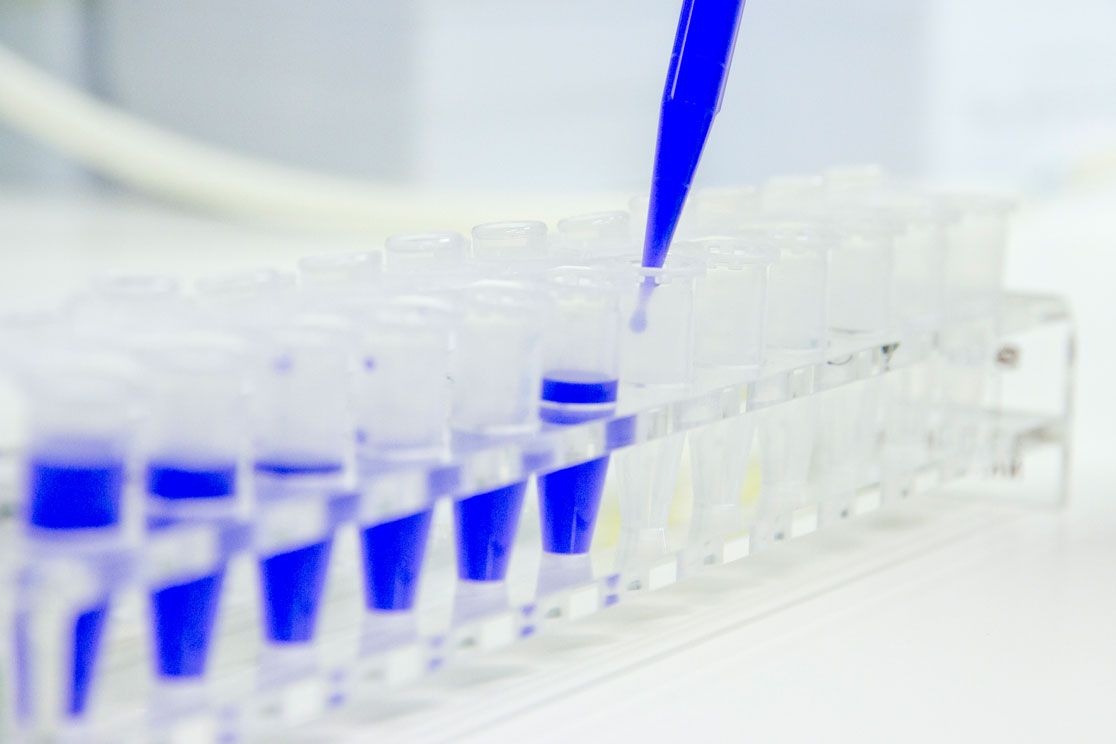Die Forschungsarbeiten in der Medizinischen Klinik I orientieren sich an den klinischen Schwerpunkten unserer Abteilung. Unser wissenschaftliches Interesse konzentriert sich hierbei auf die Erforschung von Zusammenhängen, die für die Behandlung bislang schwer zu behandelnder Erkrankungen notwendig sind. Hierbei forschen wir sowohl im Bereich der gastrointestinalen Onkologie, insbesondere zum Thema Leber- und Gallenwegskarzinome, als auch anderer gastrointestinaler Tumorerkrankungen. Umfangreiche Forschungsarbeiten richten sich auch auf den Bereich der chronisch-entzündlichen Darmerkrankungen, bei denen wir insbesondere die Bedeutung der intestinalen Barriere für die Aufrechterhaltung der Darmgesundheit untersuchen.
Experimentelle Forschung

Zudem sind wir durch unseren Schwerpunkt Infektiologie sehr an der Erforschung von Mechanismen der Entstehung multiresistenter Keime interessiert. Auch der Bereich der Lebererkrankungen wird durch umfangreiche klinische und klinisch-wissenschaftliche Untersuchungen weiter erforscht. Ein Kerngebiet der klinischen Arbeit in der Gastroenterologie ist die Durchführung endoskopischer Diagnostik- und Therapieverfahren welches durch eine Professur für experimentelle Endoskopie in unserer Abteilung auch wissenschaftlich abgebildet ist. Die einzelnen Forschungsaktivitäten gliedern sich in Arbeitsgruppen, die wir Ihnen im Folgenden gerne vorstellen.
Forschergruppen
Das Erforschen von Krankheiten ist für uns als universitäre Einrichtung ein wesentlicher Bestandteil unserer wissenschaftlichen Arbeit. In verschiedenen Arbeitsgruppen werden die unterschiedlichen Bereiche der Gastroenterologie, Hepatologie und der Infektionserkrankungen mittels Grundlagenforschung, Metadaten-Analyse und klinischer Forschung bearbeitet.
Experimentelle Forschergruppen
-
Zellteilungskontrolle
Prof. Dr. med. N. P. Malek -
Gastrointestinale Onkologie und Personalisierte Medizin
Prof. Dr. med. Michael Bitzer -
PTGR in Metastasen
Dr. rer. med. Pavlos Missios -
Klinische Bioinformatik
Prof. Dr. Manfred Claassen -
Translationale Mikrobiomforschung
Prof. Dr. med. Christoph Stein-Thoeringer -
Immunsystem-Krebs-Mikrobiom Interaktionen
Dr. Lukas Mager -
Tumor-Immun-Mikroenvironment
Dr. Benjamin Ruf -
Neue Behandlungsmöglichkeiten für Leberkrebs
Dr. Verena Wagner

Zertifikate und Verbände

Focus: Top Nationales Krankenhaus 2025

Stern: Deutschlands Ausgezeichnete Arbeitgeber Pflege 24/25

Qualitätspartnerschaft mit der PKV

Erfolgsfaktor Familie

Die Altersvorsorge für den Öffentlichen Dienst





